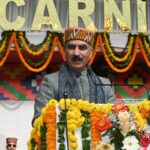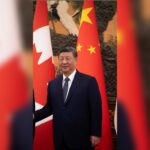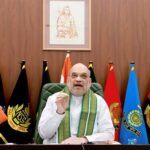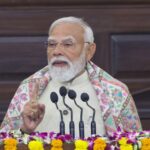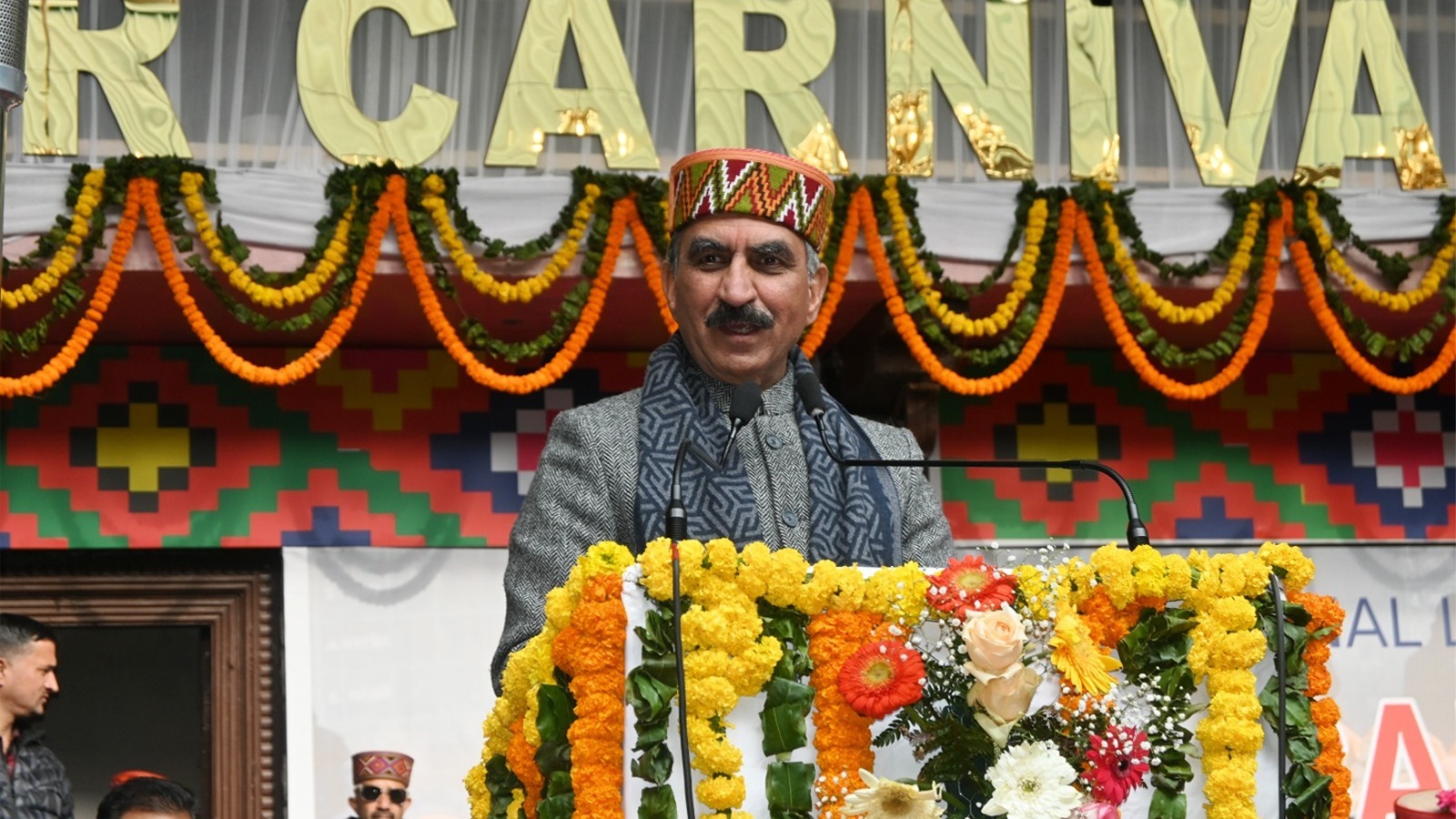
The North News
Chandigarh, April 30
At a time when India is preparing a strong response to Pakistan over the April 22 terror attack in Pahalgam, which claimed 26 civilian lives, a renewed water-sharing dispute between Punjab and Haryana sends the wrong signal. It is crucial to prioritise unity and address interstate disputes diplomatically, without escalating tensions. The attack on April 22 has provoked a national security response of the highest order. Prime Minister Narendra Modi has convened back-to-back meetings with his top ministers—Home Minister Amit Shah, Defence Minister Rajnath Singh, External Affairs Minister S. Jaishankar—and the military leadership, including the Army, Navy, and Air Force chiefs, along with National Security Adviser Ajit Doval. The government has not only issued stern warnings to Pakistan but also suspended the Indus Waters Treaty and launched sweeping diplomatic offensives.
In the midst of this, the timing of Punjab’s public refusal to release more water to Haryana is deeply unsettling. Chief Minister Bhagwant Mann’s statement, asserting that Haryana has already used 103% of its allocated share, might be technically sound—but the political optics are poor. The decision to raise this now, on camera, appears tone-deaf to the national mood and undermines the message of unity needed in a moment of national crisis.
Mann alleges that the Centre, through the Bhakra Beas Management Board (BBMB), is pressuring Punjab to bow to Haryana’s demand. BBMB is a central authority that annually determines allocations to Punjab, Haryana, and Rajasthan. A dispute like this must be handled quietly, diplomatically, and legally. Broadcasting it now only fuels unnecessary division.
In response, Haryana Chief Minister Nayab Singh Saini tried to reframe the debate, claiming the issue is about drinking water, not the controversial Sutlej-Yamuna Link (SYL) canal. That distinction may help calm tempers, but it doesn’t address the bigger question: Why now?
When even Union Minister of State for Railways, Ravneet Singh Bittu, is calling out Mann for “dividing states over water,” it’s clear this is not just a policy disagreement—it’s a political flashpoint. And one that could be avoided.
The Prime Minister Narendra Modi, in his April 24 address, made it clear that India’s response to Pakistan would be swift and uncompromising. The government is rightly focused on sending a united message to the world, and even allies are watching how India conducts itself—both externally and internally. Escalating domestic disputes now, especially on emotive issues like water, sends the wrong message.
Yes, water is vital. Yes, both Punjab and Haryana have real and pressing concerns. But this is not the moment to debate them in public. Some matters are best handled behind closed doors—and this is one of them.




